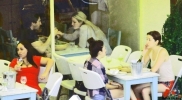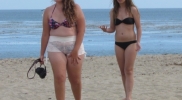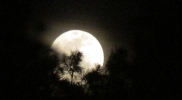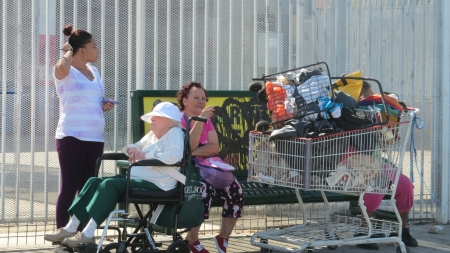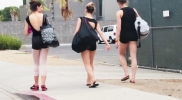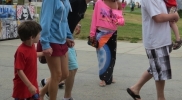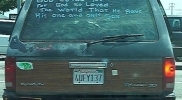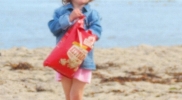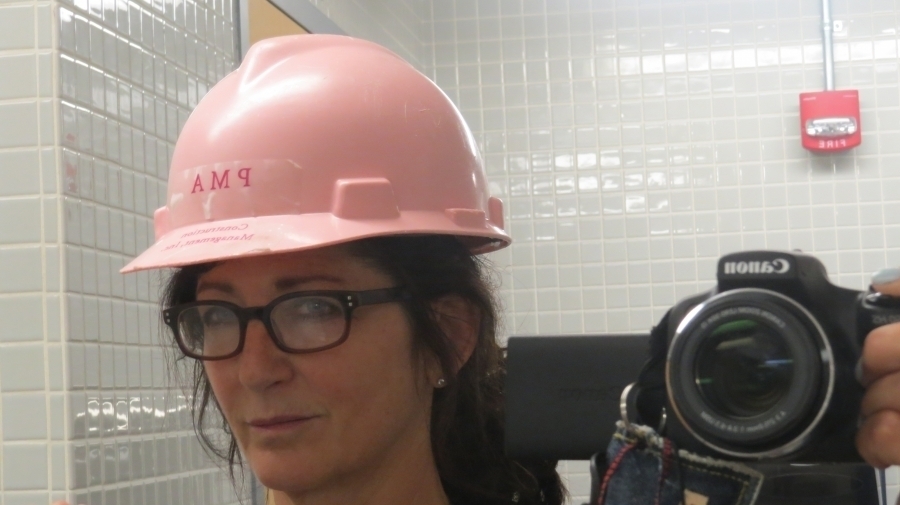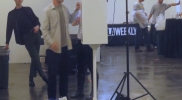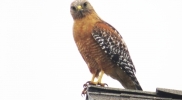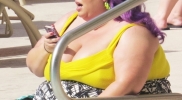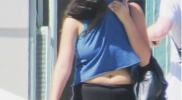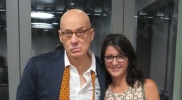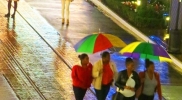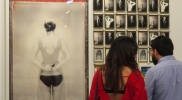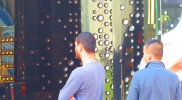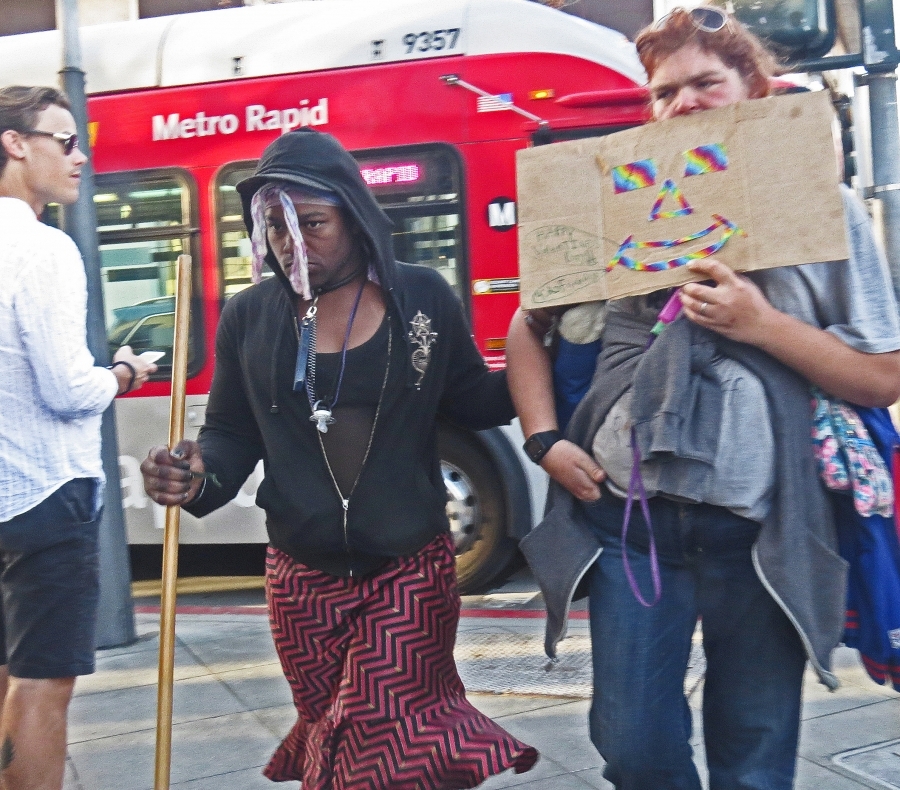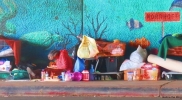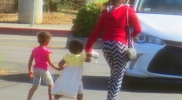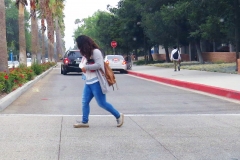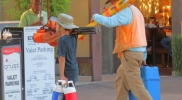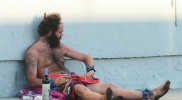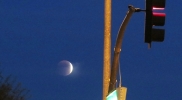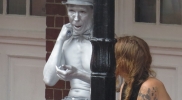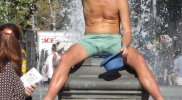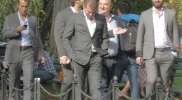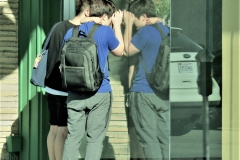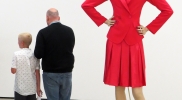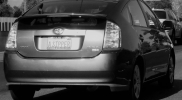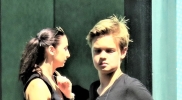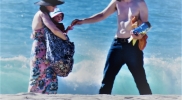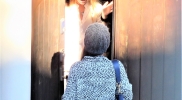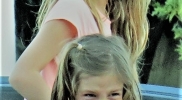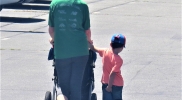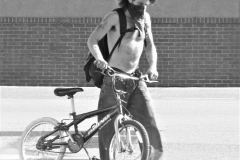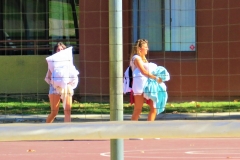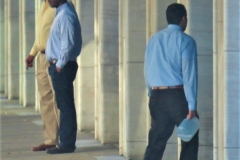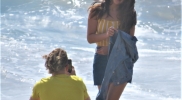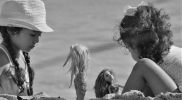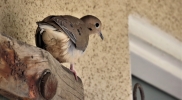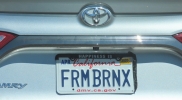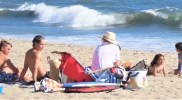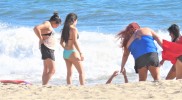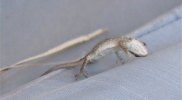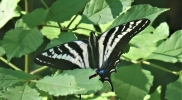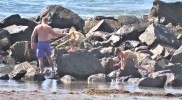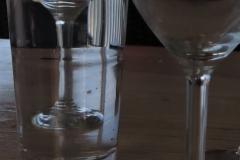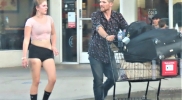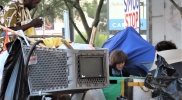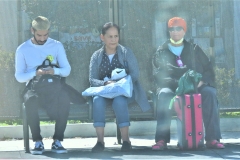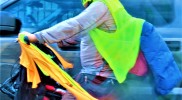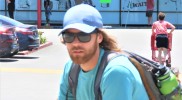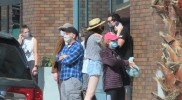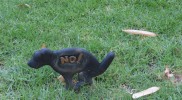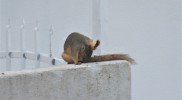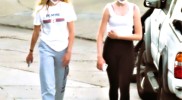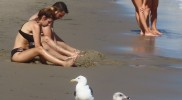|
|
Best Trivia - Travel
|
Favorite Trivia – TRAVEL & TRANSPORTATION
|
| “I love the way the Italians park . . . Cars are pointed in every direction, half on the sidewalks and half off, facing in, facing sideways, blocking garages and side streets and phone booths, fitted into spaces so tight that the only possible way out would be through the sun roof. Romans park their cars the way I would park if I had just spilled a beaker of hydrochloric acid on my lap.”
Bill Bryson – Neither Here Nor There
|
| “Hitchhiker: The only person who is completely incapacitated by the loss of his thumb.”
Evan Esar – Esar’s Comic Dictionary
|
| “On Time: If you’re there before it’s over, you’re on time.”
Evan Esar – Esar’s Comic Dictionary
|
|
“Live For Your Today, Drive For Your Tomorrow.”
|
| “There is a point to travel that is very much like the point of seasonality: it helps our mental organization of time, breaking it up, and makes our overall experience seem fuller. As nature designed us, our senses perk up in any unfamiliar setting, trying to take everything in, feeding information directly to our so-called reptilian cortex. . . A change of scene is good for us because it gives all our senses a new world of stimuli to react to.”
Mireille Guiliano – French Women For All Seasons: A Year of Secrets, Recipes, & Pleasure
|
| “Some people can go around the world and not see anything, other people can go around the block and see the whole world.”
Anonymous (Will Write For Food – Dianne Jacob)
|
| “Here’s a little tip from me to you as an experienced traveler. Wake-up calls: worst way to wake up. The phone rings; it’s loud; you can’t turn it down. I leave the number of the room next to me, and then it just rings kind of quiet, and you hear a guy yell, ‘What are you calling me for?’ Then you get up and take a shower. It’s great.”
Garry Shandling (That’s Really Funny)
|
| “What should you never say on a plane when you see your friend Jack?”
“Hijack.”
Away With Words: An Irreverent Tour Through The World of Pun Competitions – Joe Berkowitz
|
| “There was nowhere to go but everywhere, so just keep on rolling under the stars.”
Jack Kerouac
|
| Foreign Travel: We generally cross the sea in pursuit of sights, neglecting all the while what is under our nose: either because it is only natural to seek distant scenes, and to care little for what is near; or, because the greater the facility there is for gratifying a desire, the less is the advantage taken of it; or else, because we keep putting off what can be done any day, with the intention of seeing it some day.”
W. Francis H. King – Plinius, Ep. 8, 20, 1, A Dictionary of Classical and Foreign Quotations
|
| “Both the air agent and ship company in the American Islands had told me I must be vaccinated if going to Brazil. They said the U.S. Health Department would do it for two dollars. I was surprised to find a Porto Rican doctor in charge, in the port where I inquired. ‘I don’t believe in it,’ I said. ‘May I wash out the vaccine after you put it in?’
“With his mind on the two bucks, he answered, ‘Yes.’
“‘Then why go through the farce? Here’s the two dollars. Give me the certificate.’ He did, but I was not asked for it when I landed in Para, a city where, and at a time when, two dollars seemed very big.”
Maud Parrish – Nine Pounds of Luggage
|
| “TRAVEL: To lose your prejudices you must travel.”
Marlene Dietrich’s ABC
|
| “Even the handful of hours I did get to myself, taking in Notre-Dame, walking the Seine, visiting the Tuileries or the Eiffel Tower, it was no good. My eyes took in the sights, but there was some sort of filter, or maybe triangulation, missing. Without my husband, it didn’t translate into meaning. My brain might recognize something as ‘beautiful’ or ‘romantic,’ but my heart couldn’t feel it.”
Julie Powell “Secret Eatings” – A Paris All Your Own, ed. by Eleonor Brown
|
| “Tourists, have some fun with New York’s hard-boiled cabbies. When you get to your destination, say to your driver, ‘Pay? I was hitchhiking.'”
David Letterman (That’s Really Funny)
|
| “The crowds that gathered at the tiny settlements where we stopped looked like animated rag bags. How happy I was to be changed to a bigger boat at Obidos . . . The afternoon we saw the first monkeys of the trip. Leaping around trees in a place like a great botanical garden. How I envied them those carefree leaps. The Amazonians eat roasted monkeys. They don’t taste badly, but would taste better if one could be blindfolded while eating them. The doubled-up shape they were in, after being roasted, reminded me of embryos I saw in jars of alcohol in the Science Building at the World’s Fair in Chicago in 1933 . . .
“There is nothing soft about the Amazon. There was no bathing in it or its tributaries. One would be shocked to death by electric eels. There were thousands of one variety of small fish called caribe, also piranha, with a mouth like a shark’s, that make short work of cattle or people. One fish tears the skin of the victim, and then when blood is drawn, thousands of others crowd in and finish the job . . .
“The record of this Amazon trip reads like a tale of woe, but it’s ‘as is’: no garnish or varnish, just the facts. It reminds me of one of George Ade’s Fables in Slang, the moral of which is, ‘The time to enjoy a trip is three weeks after unpacking.'”
Maud Parrish – Nine Pounds of Luggage
|
| “Without cafés and newspapers, it would be difficult to travel. A paper printed in our own language, a place to rub shoulders with others in the evenings enable us to imitate the familiar gestures of the man we were at home, who, seen from a distance, seems so much a stranger. For what gives value to travel is fear. It breaks down a kind of inner structure we have. One can no longer cheat—hide behind the hours spent at the office or at the plant (those hours we protest so loudly, which protect us so well from the pain of being alone). . . Far from our own people, our own language, stripped of all our props, deprived of our masks (one doesn’t know the fare on the streetcars, or anything else), we are completely on the surface of ourselves. But also, soul-sick, we restore to every being and every object its miraculous value. A woman dancing without a thought in her head, a bottle on a table, glimpsed behind a curtain: each image becomes a symbol. The whole of life seems reflected in it, insofar as it summarizes our own life at the moment. When we are aware of every gift, the contradictory intoxications we can enjoy (including that of lucidity) are indescribable.”
Nikki Sixx – Lyrical and Critical Essays
|
| “At six o’clock, as I’m adjusting to the sharp-angled sunlight edging through a gap in the curtains, the bedside phone rings. It’s So Nyang. She informs me that, thanks to the new, improved relations with South Korea, the half-hour time difference between Seoul and Pyongyang has just been abolished. So, it’s now half-past six, and I’m late.” [May 5, 2018]
Michael Palin – North Korea Journal
|
| “We stay the night at a huge grey hulk of a hotel surrounded by wooded mountains but making not the slightest effort to blend in with them. It was built and financed by an affiliate of the South Korean giant Hyundai, who twenty years ago invested 400 million dollars in developing a resort around Kumgang [North Korea]. Only a few miles from the border, and regarded as an area of great natural beauty, it was seen as a place where Koreans from both sides of the peninsula could be temporarily reunited.
“This worked well, attracting over a million south Korean tourists, until the fateful morning of 11 July 2008 when one of them, a fifty-three-year-old woman, was shot dead while taking an early morning walk. The North Koreans claimed that she had entered a military area . . . The consequence of the shooting was the immediate recall of all South Korean tourists. They have never returned. Their government has embargoed the area ever since, and the DPRK has lost a considerable source of revenue.” [May 6, 2018]
Michael Palin – North Korea Journal
|
| “Flew to New York. And at the baggage you see how pushy people are. This guy with polished nails just pushed everybody aside, and then there was a girl in a wheelchair and when her luggage came down the shoot she just got up out of the chair and ran and got it (laughs).” [January 6, 1985]
The Andy Warhol Diaries
|
| “A young American Harvard student was sick with malaria in a room across from mine. His object was to get data on the Indian tribes [in Iquitos]. I hope they didn’t get data on him. There is a tribe which reduces heads by a process unknown to science. First they get the head of an enemy (sounds like a home brew recipe) and remove the bones. An old prospector in Ecuador told me once that he had seen a reduced head that the Javari Indians had and recognized it as that of an Indian from another tribe whom he had known when alive. There are many heads in different museums around the world. I have seen them as small as an orange, but always with long hair. The lips are sewed together so that the evil spirit can’t come out and retaliate.”
Maud Parrish – Nine Pounds of Luggage
|
| “Car dealers sang the blues when manufacturers ceased auto production between 1942 and 1945, suspending auto shows and advertising campaigns until the war ended.”
Margery Krevsky – Sirens of Chrome
|
| “I could weep with sorrow when I see people with money who only keep it in a bank. What interest they could draw till their dying day from vivid memories of nature’s handiwork! If one hasn’t enough for voyaging to other continents, there are our own grand and incomparable national parks to be seen without the use of any sign language and the other ills and worries of travel in foreign lands. There ought to be a law making people go someplace where nature is on her own—anything to get out of four walls now and then. People would be better.”
Maude Parrish – Nine Pounds of Luggage
|
| In 2000 Rolls-Royce introduced a retractable ‘Ecstasy’ [hood ornament] that automatically slides into a protected well when the engine is shut off, to prevent theft.”
Margery Krevsky – Sirens of Chrome
|
| “There were more than 39,500 auto-related deaths in 1937, according to a National Safety Council statistic cited by Automotive Facts & Figures.”
Margery Krevsky – Sirens of Chrome
|
| “The world is a book of which the man has only read the first page who has seen but his own country.”
Motto of Childe Harold (Childe Harold’s Pilgrimage by Lord Byron)
|
| “I went riding in Tokyo with Gary soon after the first automobiles were there. The Japs weren’t very expert drivers and so many were run down in the streets that people would throw rocks at any car that ventured outside the business districts. Gary and I got pelted and he had to step on it (all of ten per hour, maybe) to get away.”
Maude Parrish – Nine Pounds of Luggage
|
| “When anyone a journey takes, he has some yarns to spin.”
Tacitus
|
| “The night before I arrived, it had rained and the humidity was terrible, but with the 4/60 air conditioning it wasn’t too bad. (‘Four/sixty is when you have four windows open going sixty miles an hour,’ Frank had informed me.)”
Eve Babitz – Slow Days, Fast Company: The World, The Flesh, And L.A.
|
| Sidewalks
A sidewalk is a wide walk
A let’s-step-out-and-stride-walk
A two-abreast-let’s-glide-walk
An arm-in-arm-let’s-talk-walk…”
Patricia Hubbell
|
| “The day after the attacks, I was driving near my house when another driver abruptly pulled out of his driveway directly in front of me. I did not respond as I normally do, with cursing and exasperated hand gesturing. I simply braked, sighed and let him take the lead. At the next intersection, we pulled up to the stop sign abreast of each other. He was turning right, and I was continuing straight ahead.
“We turned toward each other. ‘I’m sorry,’ he mouthed, offering a penitent look. I nodded, mouthed ‘OK,’ and drove off, wondering about the origins of the alien that suddenly inhabited my body.” [September 12, 2001]
Ellen Alperstein – Dear Los Angeles: The City in Diaries and Letters 1542-2018, ed. by David Kipen
|
| “It is difficult for people who have never been to sea to imagine the feelings one experiences when one can see nothing from a ship but the grave face of the deep on every side. The dangerous life of the sailor has a quality of independence about it which comes from the absence of land; the passions of humanity are left behind on shore; between the world one is leaving and the world one is making for, one’s only love and country is the element on which one is carried. There are no more duties to carry out, no more calls to pay, no more newspapers, no more politics. . .“The sailors becomes passionately devoted to their ship; they weep with regret on leaving her, with tenderness on rejoining her. They are unable to stay at home with their families; after swearing a hundred times that they will never expose themselves again to the sea, they find it impossible to live without it, just as a young man is incapable of tearing himself from the arms of a fickle, temperamental mistress.”
François-René de Chateaubriand – The Memoirs of Chateaubriand
|
| “I had a little money, and my banjo. I didn’t know what I’d do when the money ran out, but I went anyway, to Seattle, and quick as a wink I got passage on a boat for Alaska . . . Here I saw people I could understand. Here were those in the flesh who had filled my imagination, who had lived and traveled in my mental map of Old Mother Earth. Imagination is a grand, stimulating thing like a cocktail, but to find reality is the full-course dinner with champagne . . .
“I arrived with but ten dollars, but Mr. Rockefeller himself never felt richer . . . I can still hear the voice of the driver of that dog team yelling ‘Mush on’ in the cold crisp air (from the French Canadian ‘march-ons’). I was glad I went by dog team. Many who went by boat later in the summer were lost in the rapids. There’s a graveyard outside White Horse of bodies recovered.”
Maude Parrish – Nine Pounds of Luggage
|

Comments are closed.
|
|
